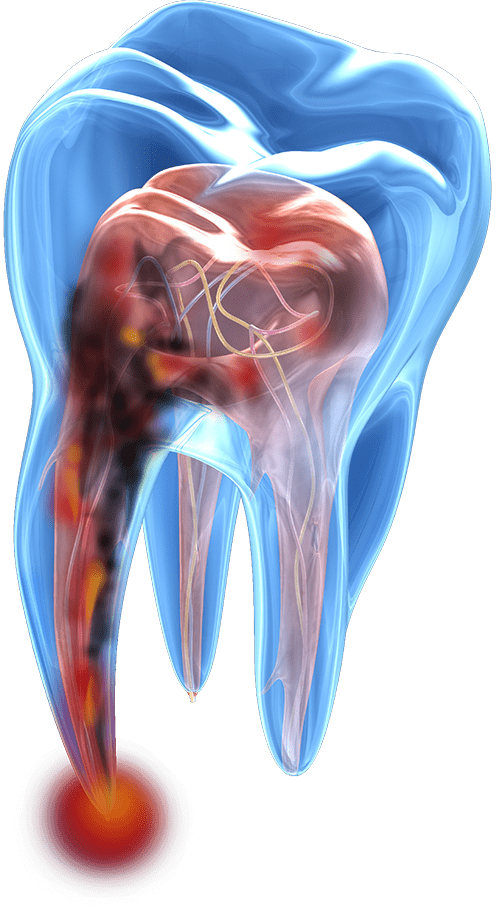Tooth decay is one of the leading causes of tooth loss if not caught early enough to be corrected. Teeth are composed of a hard enamel layer and second layer of dentin surrounding a soft center of dental pulp. Dental pulp is made up of blood vessels, a nerve, and connective tissue. When a tooth suffers from a cavity that is not treated in time, the decay can extend into the dental pulp causing it to become infected and become necrotic. Once dental pulp is infected, a root canal becomes necessary to save the affected tooth and prevent extraction. The entire field of endodontics is dedicated to restoring dental pulp and the affected tooth. Thanks to endodontics, many patients have been able to save their teeth from extraction and maintain their smile. Symptoms of dental pulp infection to look out for include tooth pain, sensitivity to hot and cold temperatures, change in tooth color, swelling in the gums, pain while chewing appearance of an injury to the tooth and movement.
If you are experiencing any of these symptoms, it is important to contact our office right away and schedule an examination. Your examination may include X-rays, a pulp test, questions regarding the level of tooth pain, and reactions to hot and cold temperatures. Once it has been determined a root canal is necessary, your root canal treatment will be scheduled with our root canal specialist. Our dentists are highly trained in endodontics and can answer any questions you may have about the root canal procedure.
The purpose of a root canal is to remove the decay, preserve the tooth and to prevent the need for extraction. During your root canal, your dentist will access the decaying pulp area and remove the infected tissue. The area will be disinfected to minimize the chances of any infection resurfacing. Once the area is disinfected and prepped, the pulp cavity will be filled with a sterile material and sealed to prevent new decay. The tooth is then topped with a crown since this procedure can weaken the tooth structure. The crown will provide the needed support and stability. Your crown will be created to match the surrounding teeth and blend seamlessly into the rest of your smile.
Patients may be hesitant about receiving a root canal, however thanks to the amazing technology available in-office, you can be confident in experiencing little to no pain. Your dentist will use local anesthesia in the area during the procedure. You may experience minor pain, swelling, and possibly fever afterwards. To help ease these symptoms, your dentist may prescribe antibiotics and suggest over-the-counter pain killers. If you experience any symptoms outside of these mentioned, please contact our office right away and speak with a member of the dental team.



If you have questions regarding root canal cost, contact our financial team to learn more about dental insurance coverage and financing options. A portion of your root canal cost may be covered by your dental insurance, so make sure you consult with our team or contact your insurance company. Any cost not covered by insurance can be taken care of with cash, credit, Apple Pay, Samsung Pay, or via third party financing.

Address:
1129 Northern Blvd Suite 401, Manhasset, NY 11030
New Patients: (516) 550 – 5275
Current Patients: (516) 365-3535
* Appointment only
Mon | 8:00 am 6:00 pm
Tue | 8:00 am 7:00 pm
Wed | 8:00 am 6:00 pm
Thur | 8:00 am 7:00 pm
Sat* | 8:00 am 2:00 pm
*Open Alternating Saturdays